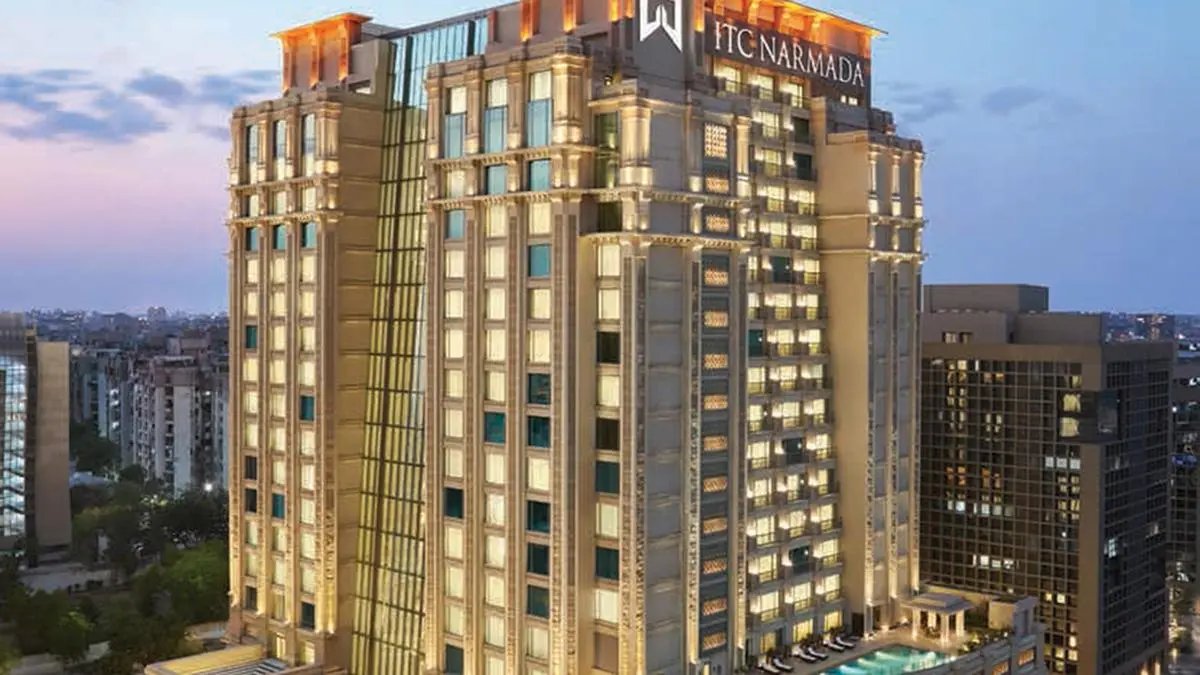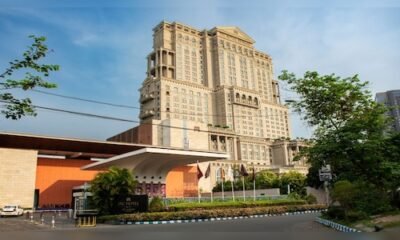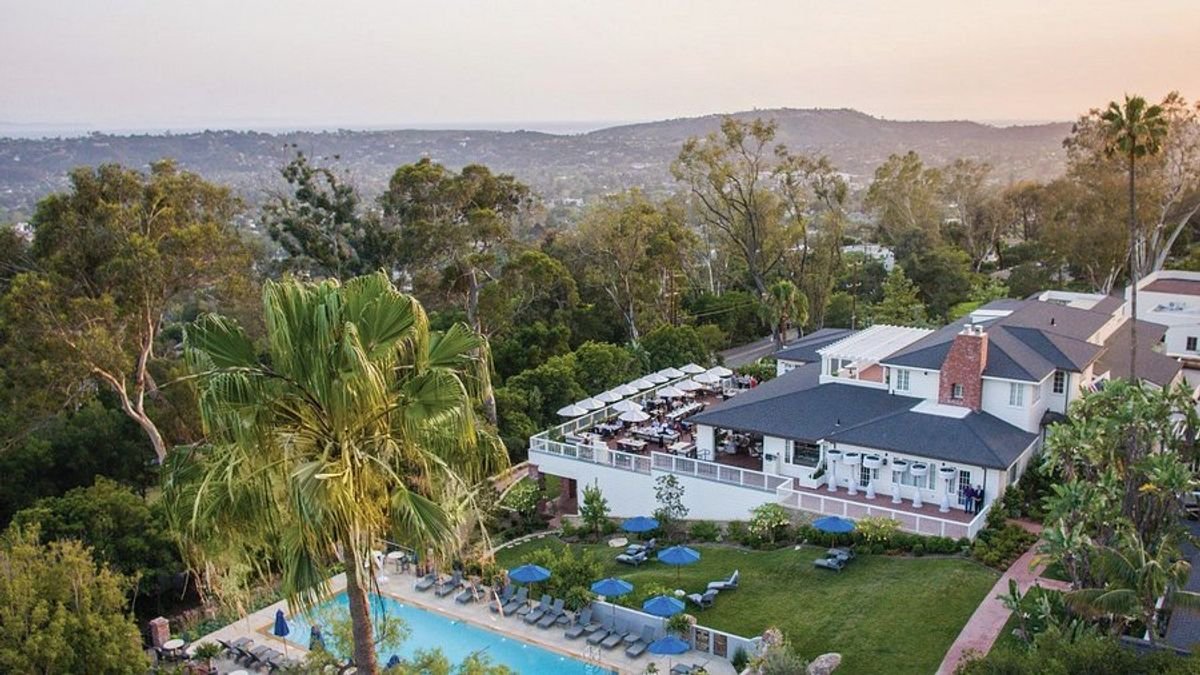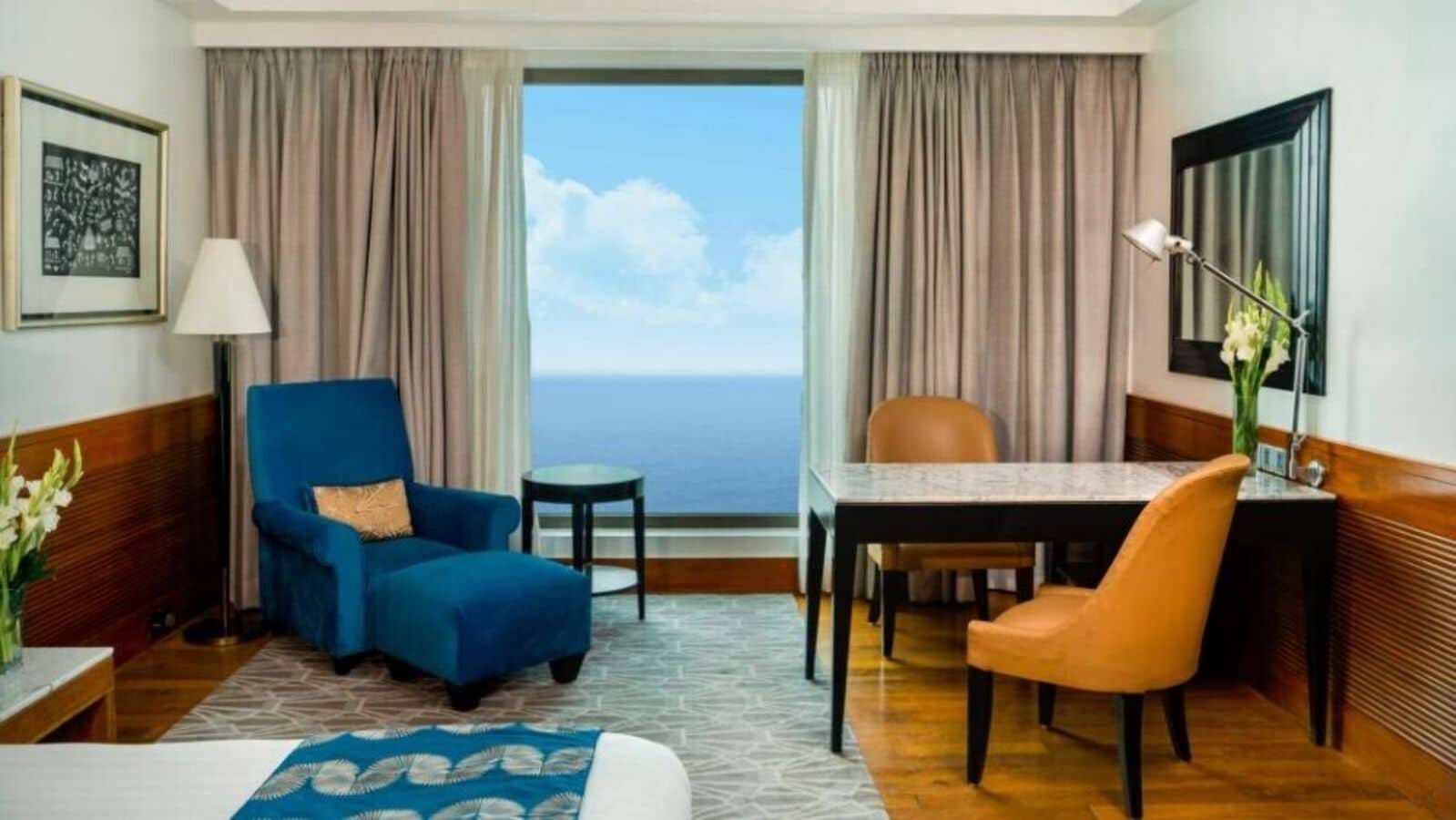ITC Hotels, listed in January this year after its demerger from ITC, is now India’s second-largest hospitality company by market capitalisation, worth over ₹53,000 crore. Since debuting at ₹188, the stock has climbed 36 per cent, outperforming larger peers in the same period. With 143 properties and an aggressive push into the asset-light management model, the company commands attention for both its luxury legacy and its platform ambitions in Indian hospitality.
Yet, even as the business appears fundamentally sound and growth-focussed, we believe the current valuation at 83 times Price to Earnings based on FY25 EPS (61 times based on FY26 adjusted EPS estimates) already reflects much of the optimism leaving limited room for error. Hence, while existing investors with a long-term perspective can continue to hold the stock, fresh entries can be avoided for now.
Business model
ITC Hotels is amongst the fastest-growing hospitality chains in the country. It has six brands — ‘ITC Hotels’ in the luxury segment, ‘Mementos’ (luxury lifestyle), ‘Welcomhotel’ (upper upscale), ‘Storii’ (boutique premium), ‘Fortune’ (mid-market to upscale) and ‘WelcomHeritage’ (leisure and heritage). It recently launched its first international property at Colombo, Sri Lanka.
As of June-end, ITC Hotels operates 13,469 rooms, an inventory second only to Tata-owned IHCL (operational 27,000+ rooms across 249 hotels). With a pipeline of 5,300+ rooms, it is expected to open more than one hotel per month for the next 24 months.
ITC Hotels’ business strategy is aligned with industry trends. Like peers, ITC Hotels is tilting towards an asset-light model with 58 per cent rooms via managed contracts and aims to take this share to 70 per cent in five years, a shift that would help conserve capital and improve return ratios over time.
Capital investments across renovations, ongoing projects, and greenfield developments are guided at 8–10 per cent of revenue cumulatively.
Strategy mix
Despite its limited track record as a listed entity, ITC Hotels’ FY25 and Q1FY26 performance offers six key insights.
One, average occupancy for domestic-owned properties stood at 73 per cent, lower than the 78-80 per cent range seen in leading luxury chains. About 25 per cent of the inventory (hotel rooms) in projects launched in the last five years are currently running at less than 70 per cent occupancy. While this suggests room for growth, it may also reflect a less-than-optimal asset mix, selective location exposure or a modest brand premium.
Two, Q1FY26 revenue per available room was ₹7,900, over 30 per cent above the industry average, but lower than EIH, which operates Oberoi and Trident brands. This indicates strong pricing power, but also room to strengthen brand recall and occupancy yields.
Three, with 40 per cent of its revenue coming from food and beverages—the highest in its peer set—ITC Hotels, relatively speaking, leans more on dining and banqueting than room-led growth. This also exposes the business to event- and season-linked volatility to a higher degree.
Four, its FY25 consolidated EBITDA margin of 34 per cent trailed peers like IHCL and EIH, signalling potential for margin expansion through better cost control and increased monetisation of retail, MICE (Meetings, Incentives, Conferences and Exhibitions), and high-margin segments. Q1 margin came in at 30 per cent.
Five, while peers have diversified into adjacent verticals such as air catering or midscale and budget formats, ITC Hotels remains focussed on core hospitality. That singularity may aid execution in the short term but also limits cross-cycle growth buffers.
Six, ITC Hotels has a debt-free balance sheet and modest cash reserves, placing it in a strong position to pursue selective inorganic growth through value-accretive M&A and strategic alliances. Shareholders may be rewarded with dividend payout in the future.
Growth prospects
ITC Hotels’ managed portfolio has expanded steadily—from 89 hotels in FY22 to 118 in FY25, with operational keys rising from 5,700 to 7,700. This capital-efficient ramp-up strengthens annuity-style revenue streams. With over 4,900 managed keys in the pipeline, the momentum appears durable. The company has also guided for a 2.5x increase in management fee income by FY30.
The second half of FY26 is poised to benefit from event-led demand. High-profile gatherings such as Semicon India 2025, Wings India 2026 and the ICC Women’s Cricket World Cup are expected across key metros. Alongside, diplomatic visits and summits like the India AI Impact Summit in early 2026 could boost city hotel occupancies, especially in the premium and convention-oriented segment. Bloomberg consensus projects 27-35 per cent earnings growth for ITC Hotels over FY26-27, markedly higher than IHCL’s 12-18 per cent, though partly driven by base effect and expansion-led growth.
On the supply side, room additions in India’s business-centric cities are expected to remain under 5 per cent CAGR through FY30. Just a quarter of the industry pipeline is planned in these demand-dense hubs and less than half is under active construction. This constrained addition of branded inventory, especially in cities such as Bengaluru, Mumbai, Hyderabad and Kolkata, supports pricing power for incumbents.
Valuations, risks
One can’t fault ITC Hotels on strategy or execution. Its brand ramp-up, measured shift toward an asset-light model, and steady margin gains reflect long-term ambition and discipline. The issue lies not with the business, but with the price.
At 83x FY25 and 61x FY26 estimated earnings, ITC Hotels trades at a premium to IHCL, which is priced at 57x and 52x, respectively. Yet IHCL is nearly double in size on revenue, profit and room inventory. For a relatively smaller, less diversified player, ITC Hotels’ premium rests entirely on high growth expectations. That leaves the stock priced for perfection. The Q1 showing—20 per cent year-on-year revenue growth and 53 per cent profit rise—while solid, the stock has adequately factored this the growth prospects. With little cushion for error, any softness in macro or travel trends could test investor optimism.
Existing investors with a long-term perspective can continue to hold the stock, but fresh entries may be avoided for now. Hospitality is cyclical by nature and the current upcycle, powered by high occupancies and strong room rates, won’t last forever.
Key risks include ITC Hotels’ concentration in luxury and upper-upscale segments and competitive pressure from IHCL, EIH and global majors such as Hilton, Hyatt, Accor and IHG. Adding to this, British American Tobacco’s 14.5 per cent stake, acquired post demerger, is expected to be divested over the next two-three years, potentially creating an overhang on the stock.
Published on July 19, 2025



























You must be logged in to post a comment Login